Storytelling: What's All the Fuss About?
Over the past few years, storytelling as a leadership tool has garnered more and more attention.
Indeed, few leadership-communication workshops I facilitate go by without at least one or two people asking about "how to tell stories" - whether that workshop is on public speaking, writing strong content, or other leadership skills.
So why are people looking to tell stories, and why now?
For a lot of reasons.
1. Attention.
You're presenting to a potential client about why your product or service is worth buying. You lay out what it is and why they might like it.
You've checked all the boxes in terms of putting information across. So why are half the people in the room looking at their phones? And why do their questions suggest they weren't really paying attention in the first place?
Attention spans are short and people remember little.
Stories cut through that. If instead of listing off facts you start with a compelling anecdote or the first line of a story, you grab people's attention right away. And you hold it.
Why? They want to know what happens next. It's that simple.
2. Retention
People learn from facts and ideas, but they remember stories. And what good is your finely honed message if people forget it before they've even left the room?
This Native American proverb sums it up:
Tell me the facts and I will learn;
Tell me the truth and I will believe;
Tell me a story and it will live in my heart forever.
3. Relatability
Putting a well-thought out narrative around your message makes it relatable to your audience.
But even a short anecdote or simple analogy can achieve the same. Think of the salesperson who says "Another company of about your size was looking to solve the same problem you're facing... Here's how we did it." Or the startup who pledges to be the "Lyft of [name industry]" - without any exposition, you have a clear idea of what they do and how they do it.
Storytelling removes the barrier between you and your audience.
4. Emotion
You don't have to leave your audience reaching for tissues, but a strong story will resonate with them beyond mere facts and ideas.
Think of George W. Bush and Joe Biden - two politicians who were always on message.
But where the former stuck to soundbites, the latter used stories to great effect. If you asked both about healthcare, President Bush might have said "It's important to keep costs down for all Americans." Vice President Biden might have begun, "This reminds me of a single mom I met back in Scranton, working two jobs just to put food on the table for her kids. The idea that she couldn't afford health insurance..." Even just a line or two in, and the story plays to its audience's emotions.
Done right, storytelling can enhance even the driest of messages. But don't force it. Authenticity is key. For help telling your story, talk to us.
--
Ellie Hearne is a leadership-communications expert and founder of Pencil or Ink. Over the years she has helped executives at Google, Marriott, Apple, Morgan Stanley, Starbucks, and numerous startups tell their stories.
